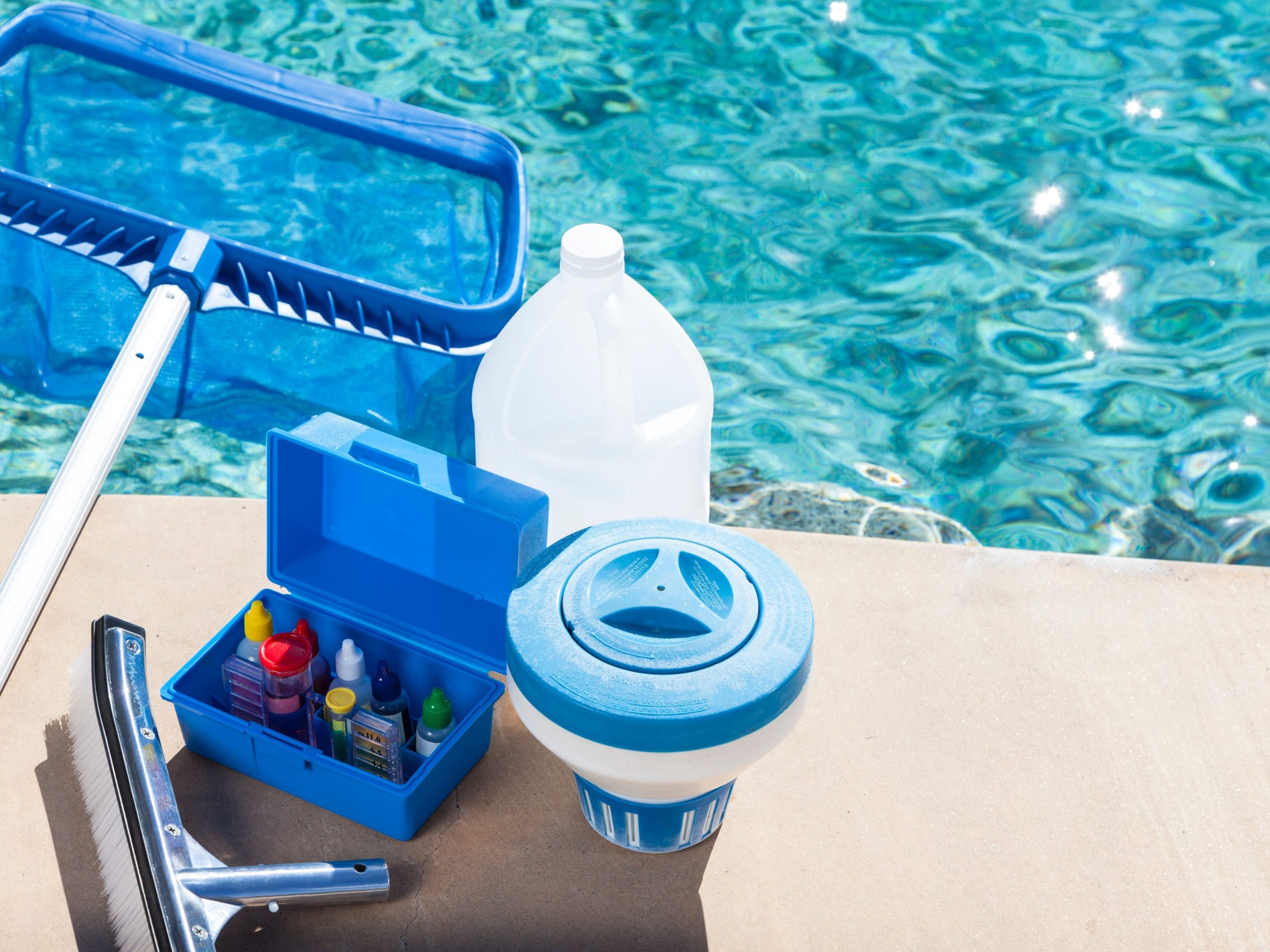
Bill Oxford/ Getty Images
- Chlorine is in high demand but low supply as pool ownership rises and material availability falls.
- Experts warn that the US chlorine shortage will be the worst in recent memory.
- But saltwater pools, experts add, are a good alternative to chlorine pools.
- See more stories on Insider's business page.
Pool owners may need to switch gears this summer as a major chlorine storage puts pressure on the pool industry. This summer, pool owners and builders are bracing for "the worst chlorine shortage the country has ever seen," CNBC reported Friday.
Industry publications started reporting on the shortage of chlorine tablets last year. Supply was squeezed due to a fire at a chlorine manufacturer called BioLab as well as an increase in demand for pools and pool upkeep as homeowners weathered the coronavirus pandemic lockdowns, Pool Magazine reported in September. More pool companies were switching to alternative methods of sanitizing pool water, the magazine reported, predicting the price of chlorine would continue to rise. The trade publications' predictions came to pass.
The price for chlorine used in pools has nearly doubled over the past year, and it's expected to keep rising this summer as pool use increases, according to CNBC. The shortage is set to be the worst in recent US history, CNBC reported.
However, there are alternatives to chlorine pools. Saltwater pools are a popular method that many find to be gentler on their hair, skin, and eyes and don't require the in-demand chemical.
Goldman Sachs analysts also recently warned of the chlorine tablet shortage and discussed other methods to keep pools clean, Yahoo Finance reported on Monday. "There's no shortage of ways to sanitize the pool. It just simply means at a certain point people will shift," an executive from Pool Corp said on the bank's earnings call, according to Yahoo. "We've also seen certain parts of the country accelerating the use of salt as a method of sanitization too."
Saltwater pools, according to Healthline, work by generating their own chlorine, but in a much smaller amount than in traditional tablets or liquid chemicals. Saltwater pools require testing for salt buildup and erosion, but are less harsh on people with allergies and asthma.